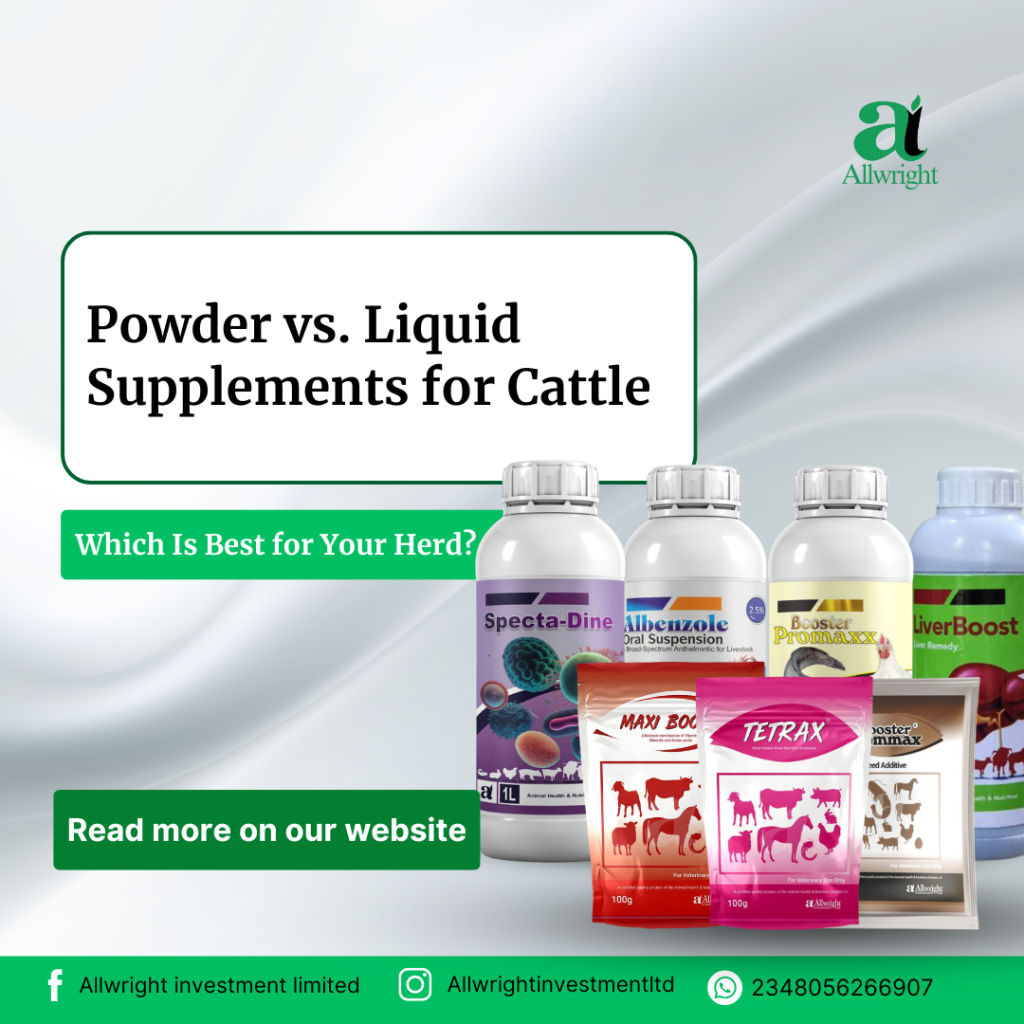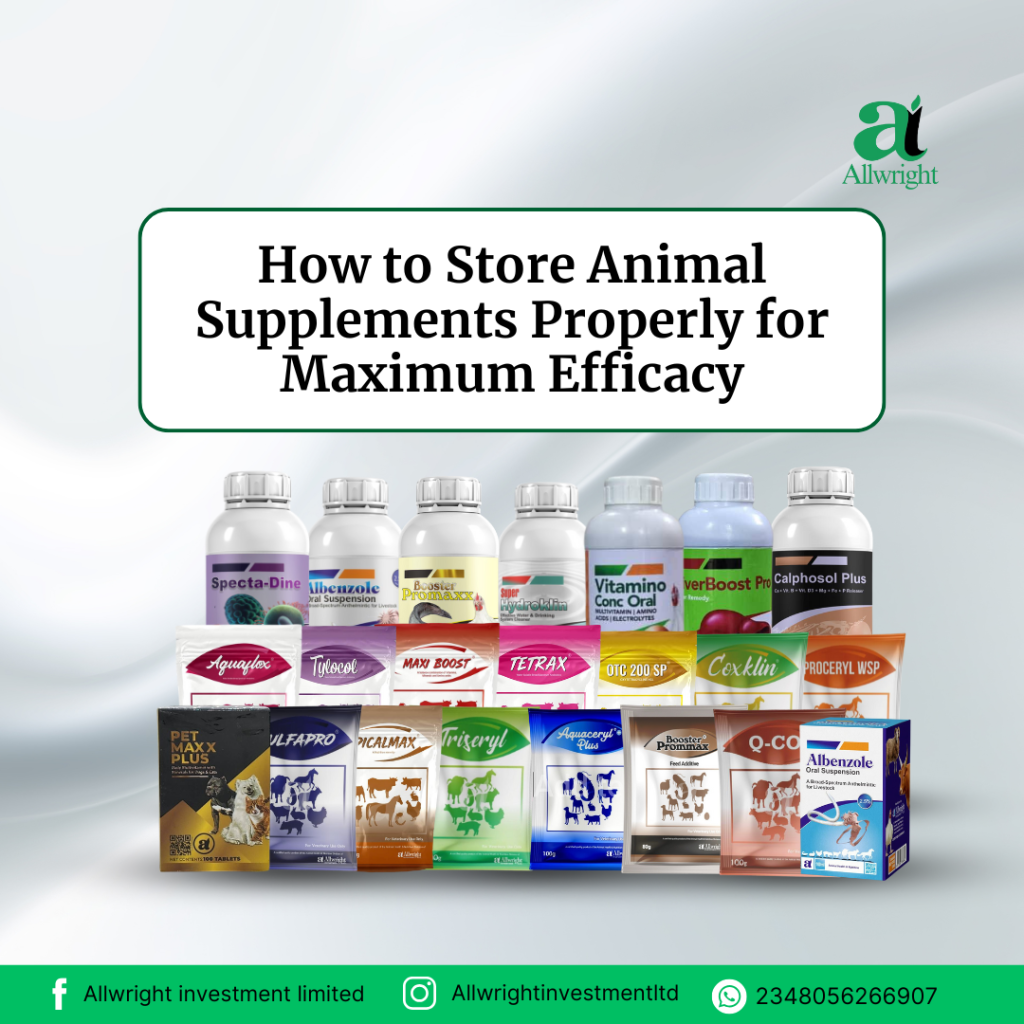What is “Rumen-Protected” and Why is it a Game-Changer for Dairy Farmers?

Rumen-protected" technology is a precision nutrition strategy that delivers specific nutrients (like proteins and amino acids) past the acidic rumen environment so they can be absorbed and utilized directly by the animal, leading to significant gains in milk production and farm efficiency.
⚙️ The Core Technology: Protection & Delivery
The goal is to make a nutrient stable in the rumen but releasable in the acidic abomasum (true stomach) and small intestine where absorption occurs. There are two main types of protected nutrients, each with different protection technologies:
Rumen-Protected Amino Acids (RPAAs)
These are individual amino acids (the building blocks of protein) that have been specially treated. The most common technologies are:
· pH-sensitive coatings: A polymer coating that remains intact at the rumen's neutral pH but dissolves in the acidic abomasum, releasing the amino acid.
· Chemical bonding: The amino acid is bound to another compound (like a calcium salt) that is stable in the rumen but breaks down post-rumen.
· Embedded matrices: Amino acids are evenly distributed within a rumen-stable fat matrix (e.g., palm or rapeseed oil) that protects them during passage.
· Microencapsulation: Amino acids are coated with protective shells, sometimes enhanced with substances like tannins to improve stability.
Bypass (or Rumen-Undegradable) Protein
This refers to whole protein meals (like soybean or rapeseed meal) that have been physically or chemically treated to make them less soluble and resistant to rumen microbes. Common methods include:
· Heat treatment: Applying controlled heat creates bonds that reduce solubility (a process similar to the Maillard reaction that browns toast).
· Chemical treatment: Using agents like formaldehyde (at safe, regulated levels) to bind proteins and reduce rumen degradability.
To compare their typical characteristics:
· Typical Form: RPAAs are synthetic supplements (prills, powders), while Bypass Proteins are treated plant/animal meals.
· Protection Method: RPAAs use pH-sensitive coatings or chemical bonds, whereas Bypass Proteins rely on heat or chemical treatment.
· Primary Use: RPAAs are for precision amino acid balancing, and Bypass Proteins are for increasing total metabolizable protein.
· Impact on Milk Components: Both directly support milk protein synthesis.
🥛 Direct Impact on Milk Components and Production
Supplementing with rumen-protected nutrients directly targets the limiting factors for milk synthesis. Research shows the following consistent benefits:
- Increased Milk Protein Yield and Content
This is the most documented benefit. By ensuring the small intestine receives more of the specific amino acids (like methionine and lysine) needed for protein synthesis, cows can produce more milk protein. A meta-analysis indicated milk protein content can rise by 0.1–0.3%. A 2024 study found that supplementing low-protein diets with specific RPAAs restored milk protein yield to the level of a high-protein diet. - Improved Milk Fat
Supplementation often supports increased milk fat yield and content. Studies report boosts in fat content of 0.15–0.4%. This is linked to improved metabolic function and nutrient partitioning. - Enhanced Feed and Nitrogen Efficiency (The "Game-Changer")
This is where the technology transforms farm economics and sustainability.
· You can reduce overall dietary crude protein. Diets with lower protein levels (e.g., 12-14% CP) supplemented with RPAAs can match the performance of high-protein diets (16-18% CP).
· Nitrogen utilization becomes far more efficient. Less protein is wasted as rumen ammonia and excreted in urine. One study found nitrogen efficiency in milk improved from 33.3% to 39.0% with RPAA supplementation. This means less nitrogen pollution and lower feed costs.
📈 Strategic Application for Maximum ROI
To get the best return on investment, application should be strategic:
· Critical Period: The transition period, from 21 days pre-calving to about 120 days post-calving, is when cows are under peak metabolic stress and nutrient demand. Responses in milk yield, components, and health are greatest during this window.
· Foundation First: Before investing in expensive protected nutrients, ensure the ration maximizes microbial protein synthesis—the cow's own, highly efficient protein source. This involves balancing rumen-degradable protein with fermentable carbohydrates.
· Precision Formulation: Work with a nutritionist to test forages and balance diets for specific amino acids (like the methionine-to-lysine ratio), not just crude protein.
💎 Key Takeaways for Dairy Farmers
· Precision Over Quantity: Rumen protection is about delivering the right nutrients to the right place, not just feeding more.
· Beyond Milk Yield: Benefits extend to improved cow health, fertility, and a significant reduction in environmental nitrogen excretion.
· Economic Sense: While the products have a cost, the return comes from higher-value milk, lower feed costs from reduced protein diets, and better herd health.









